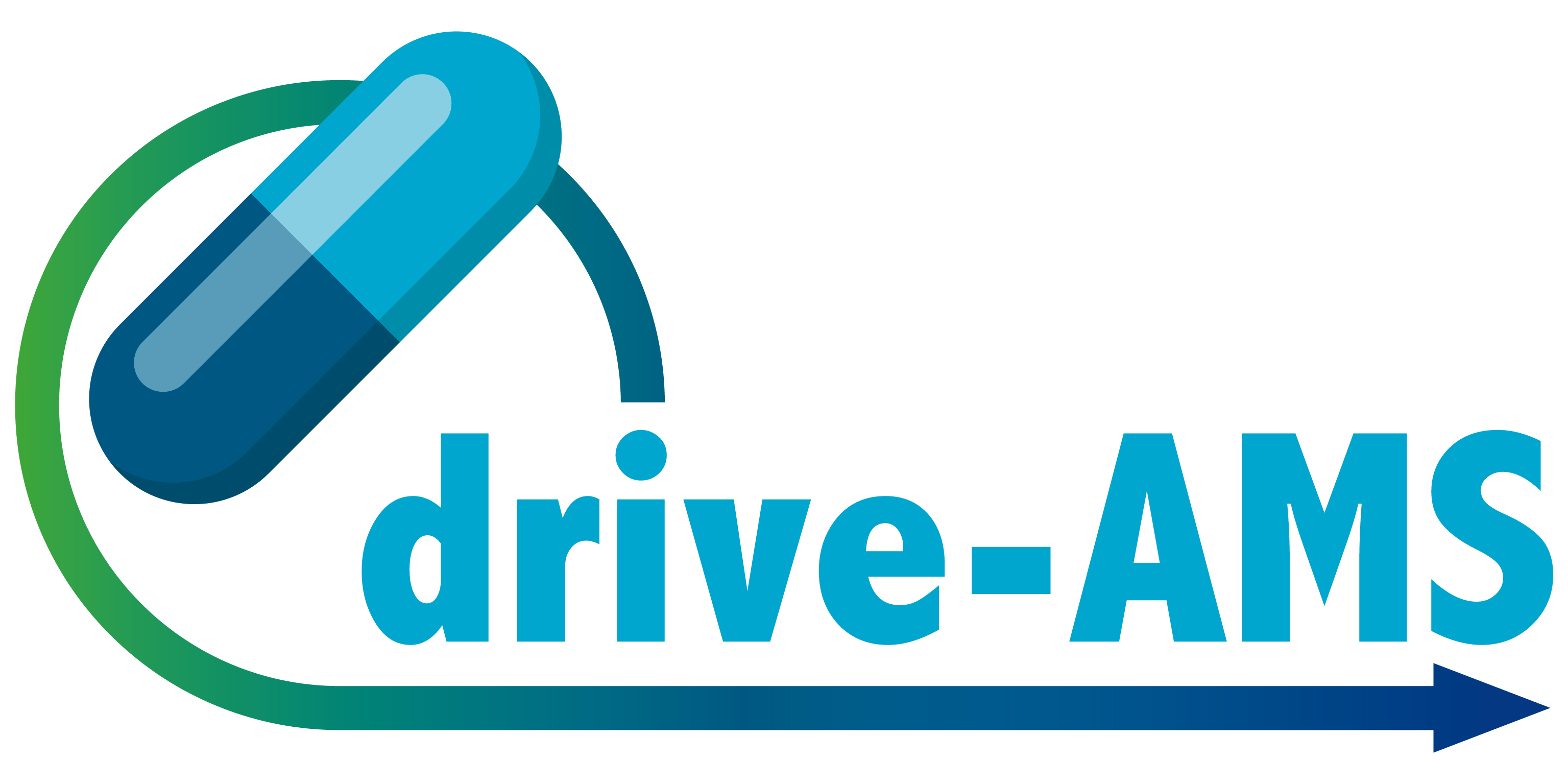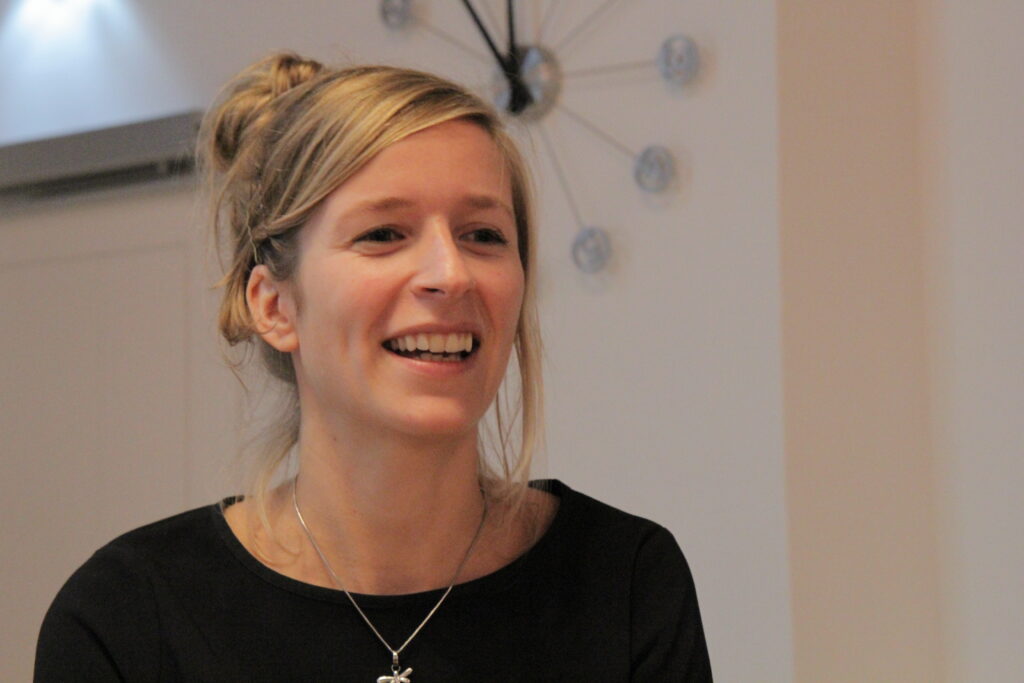Could you tell us a bit about yourself and your professional background to start with?
I am a clinical microbiologist trained at UMC Utrecht. My interest in global health started early – during medical school, I did a clinical rotation in Malawi. Then, I completed a PhD on malaria in pregnancy at the Royal Tropical Institute and Amsterdam Medical Centre, which included research visits to Burkina Faso and The Gambia. These experiences sparked my passion for collaborating with low- and middle-income countries (LMICs). During my microbiology residency, I joined a teaching project on infection prevention and control (IPC) in collaboration with Radboudumc and ICAN (Infection Control African Network). I coordinated and redeveloped the two-year teaching programme, including creating an online platform and delivering the training myself. In 2022, I joined Radboud, drawn by their strong ties with LMICs and shared vision for global health collaboration. That’s how I got involved with the SPICE initiative.
What motivated you to embark on the SPICE mission in Africa?
I’ve always been interested in collaborative work, especially when it’s built on the strengths of local professionals. What I really like about drive-AMS is its mentoring approach, i.e. supporting local teams in developing their own interventions and improving AMS projects. It’s not about imposing solutions but enhancing what’s already there. That kind of partnership is very rewarding.
You’re preparing for a SPICE mission in Tanzania. Can you tell us more about what that entails, who’s involved, and the challenges you’re addressing?
Yes, the site visit to Tanzania is scheduled for this autumn. So far, I’ve been working closely with the local team through regular meetings to clarify the main issues they’re facing and brainstorm potential interventions. The focus has been on improving blood culture practices in their neonatal ICU, where they’ve reported high contamination rates. Another challenge is determining how to manage cases where it’s unclear whether a blood culture result is a contaminant, especially in neonates, where clinical decisions can be complex. We’re working on developing a management protocol to guide treatment decisions in such cases. For this project, I’m the sole expert from Radboud, although I do consult colleagues when needed. While the core of this mission is diagnostic stewardship, questions related to IPC sometimes arise. In those cases, I reach out to colleagues with IPC expertise to ensure we’re providing the best possible guidance. We’ve also submitted a detailed project plan to SPICE, outlining our goals, timeline, and plans for the site visit. Being on-site will be crucial – not just to validate our plans but to gain a deeper understanding of the local context. Remote meetings are helpful, but they can’t replace the insights you gain from seeing how things operate on the ground. Often, you discover unexpected factors that influence clinical practices, and that’s where flexibility and adaptability become essential.
Have you learned anything from working with the Tanzanian team so far?
Absolutely. One key lesson is to always question assumptions as things are often done differently than in our own settings. For instance, in Tanzania, residents frequently take blood samples, and their turnover affects consistency. Training becomes crucial. I’m also eager to learn more about their available resources, which is why the site visit is so important. Being on-site reveals nuances that remote meetings can’t capture. So you need to adapt to local conditions and work with what’s available. Flexibility and openness are key to effective collaboration.
Any final insights or reflections you’d like to share from your experience as a SPICE expert?
I highly recommend the experience to others! It’s a two-way learning process: you gain new perspectives and discover alternative approaches. Mentoring motivated professionals who are eager to improve their systems is incredibly fulfilling. It’s a privilege to be part of such meaningful work.
🌍 Would you like to become a SPICE expert or request expert support? Head to the SPICE website via this link.
* Specialized Program for Infectious Disease Care Everywhere

